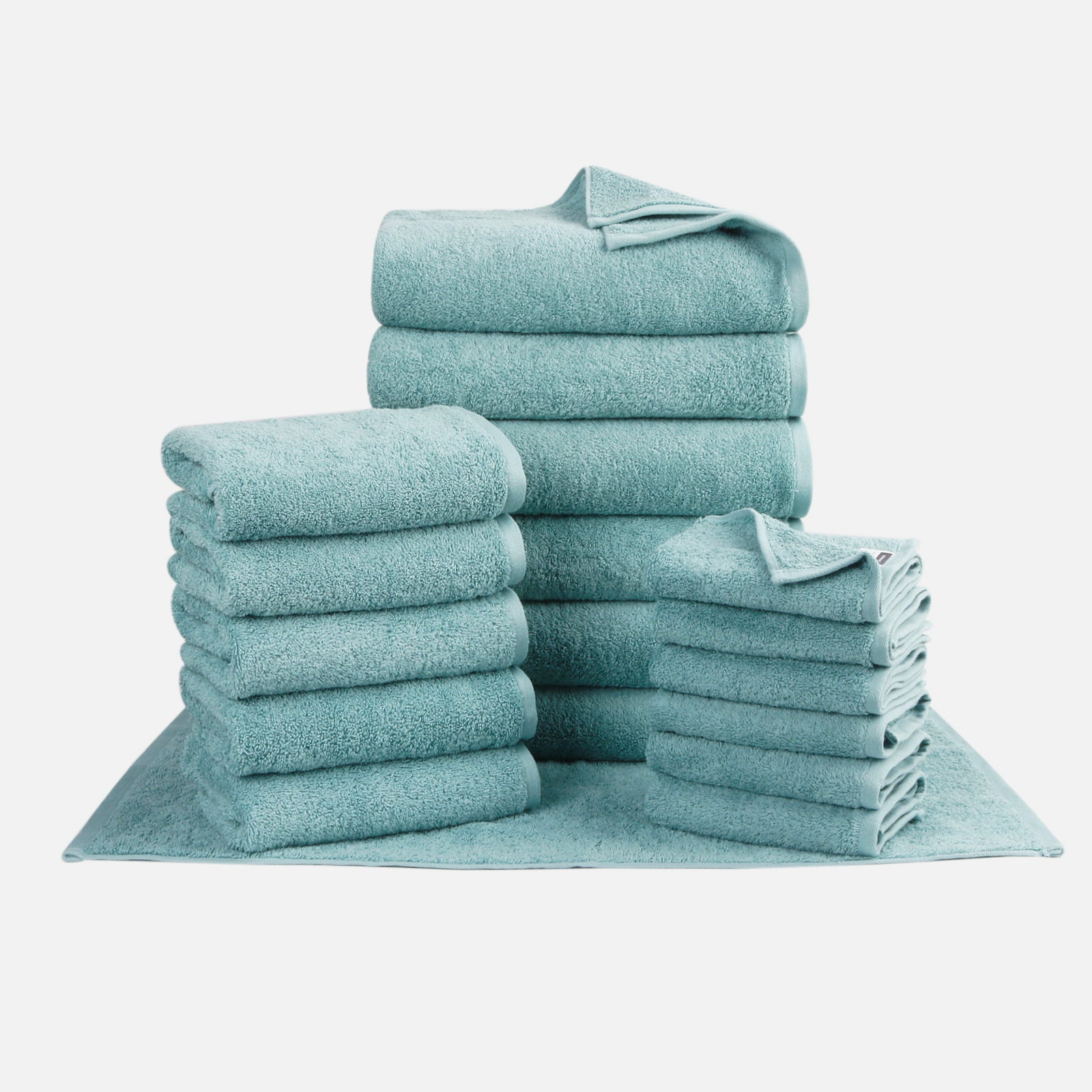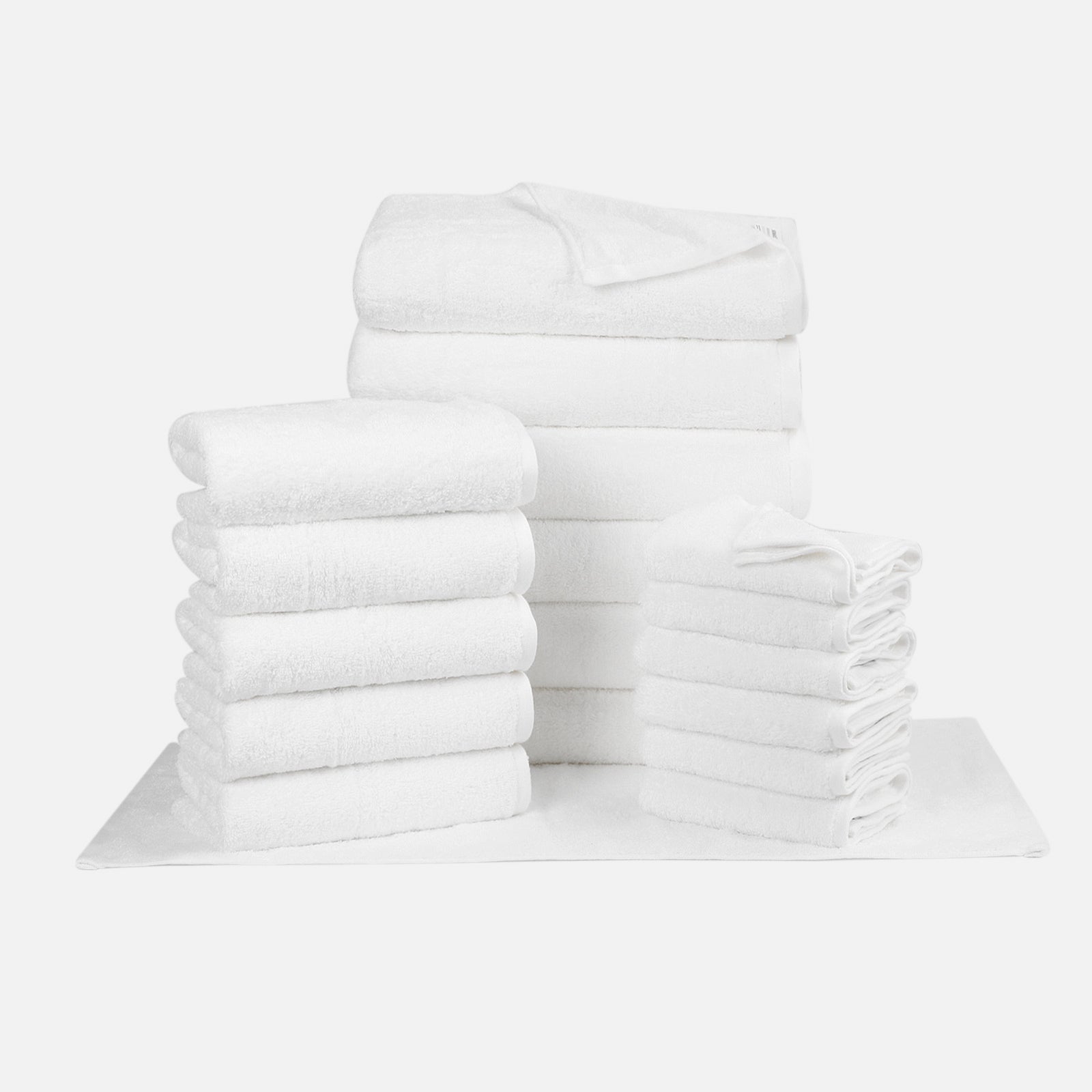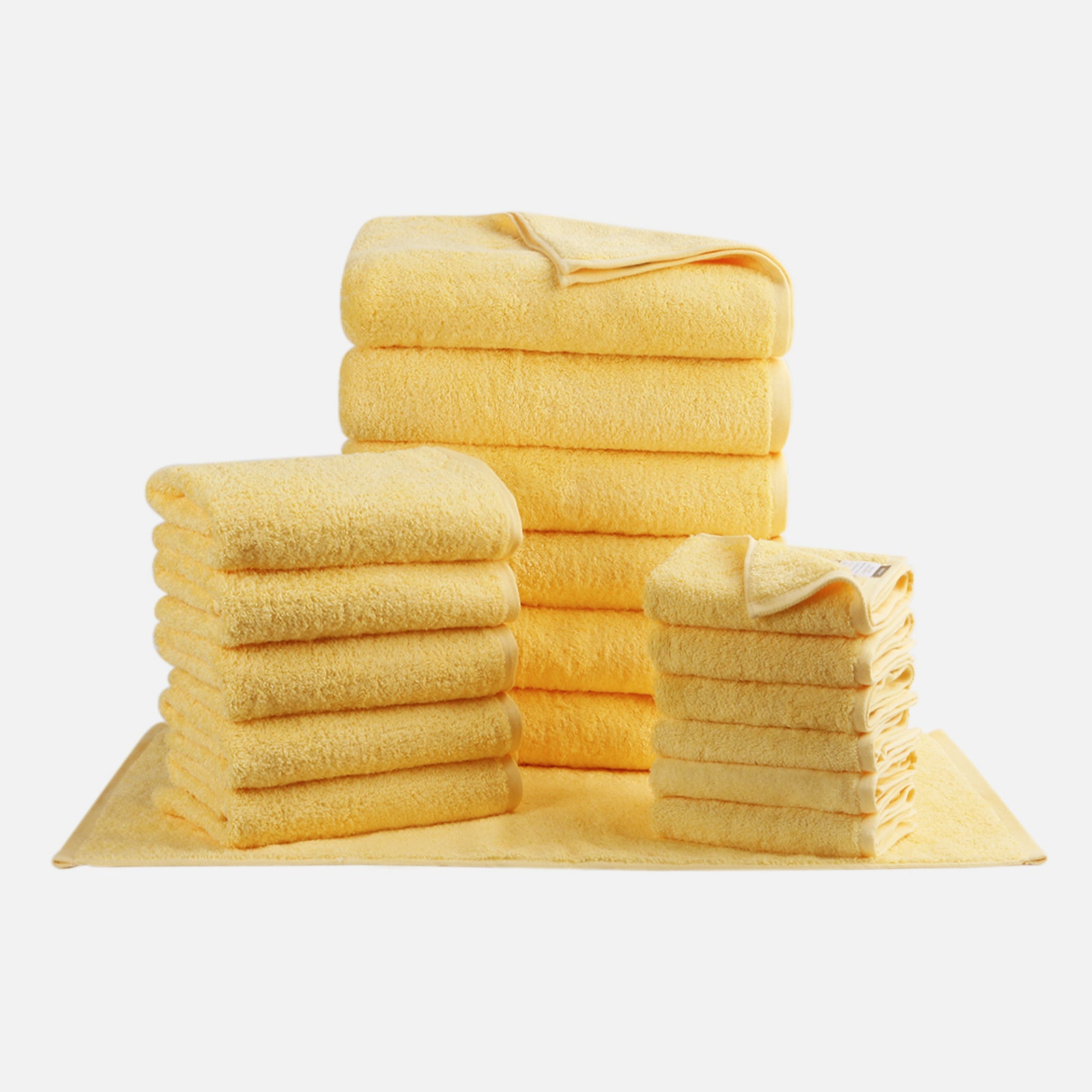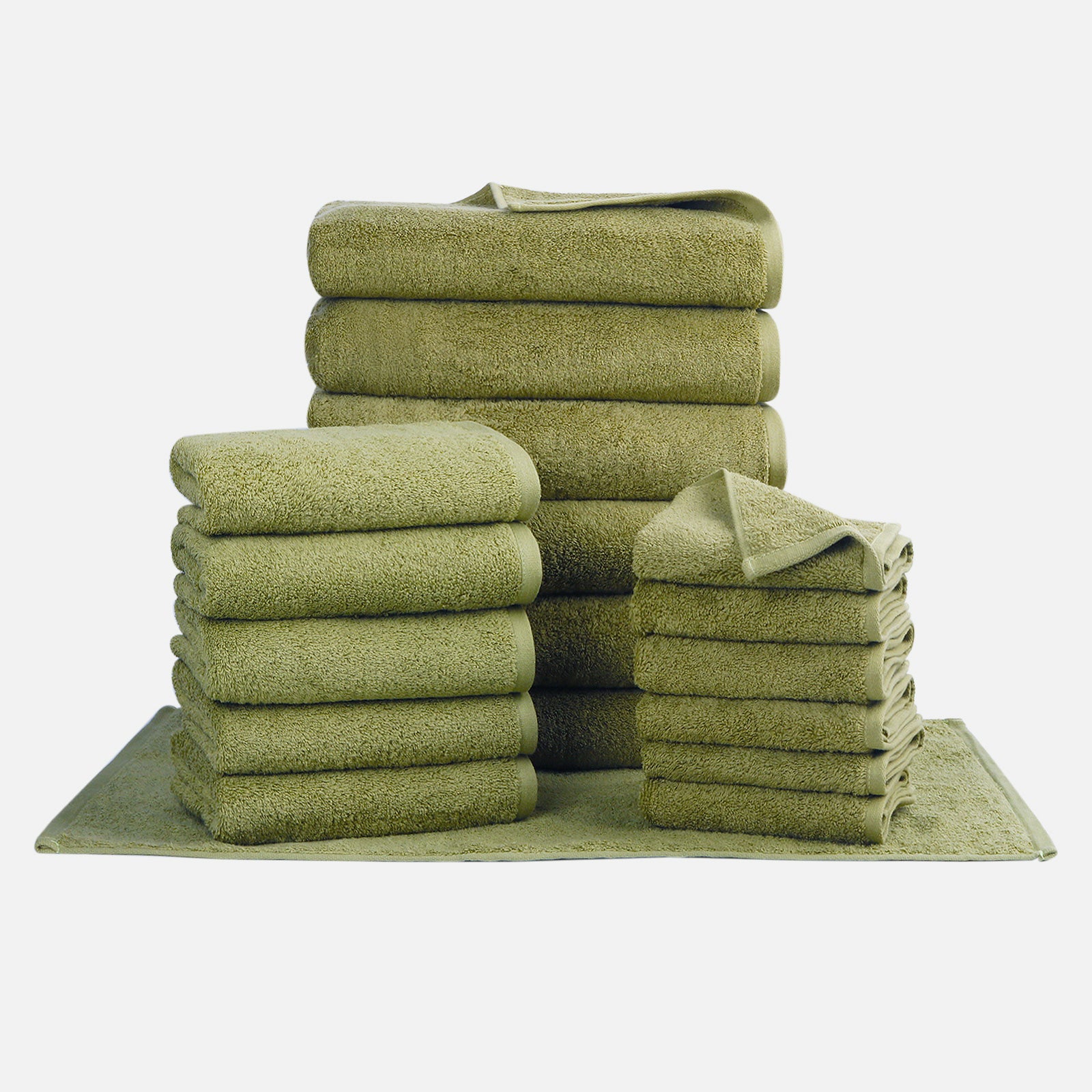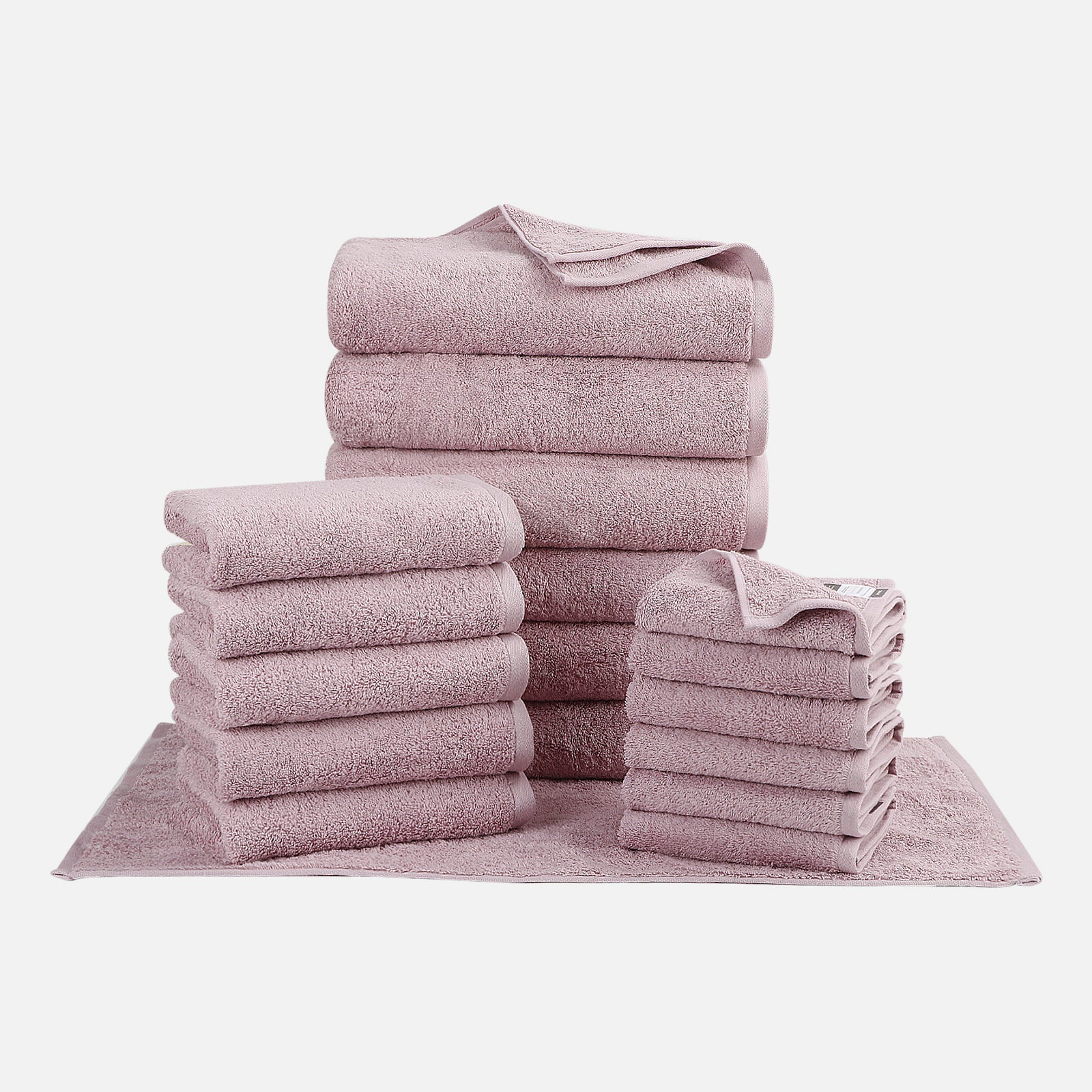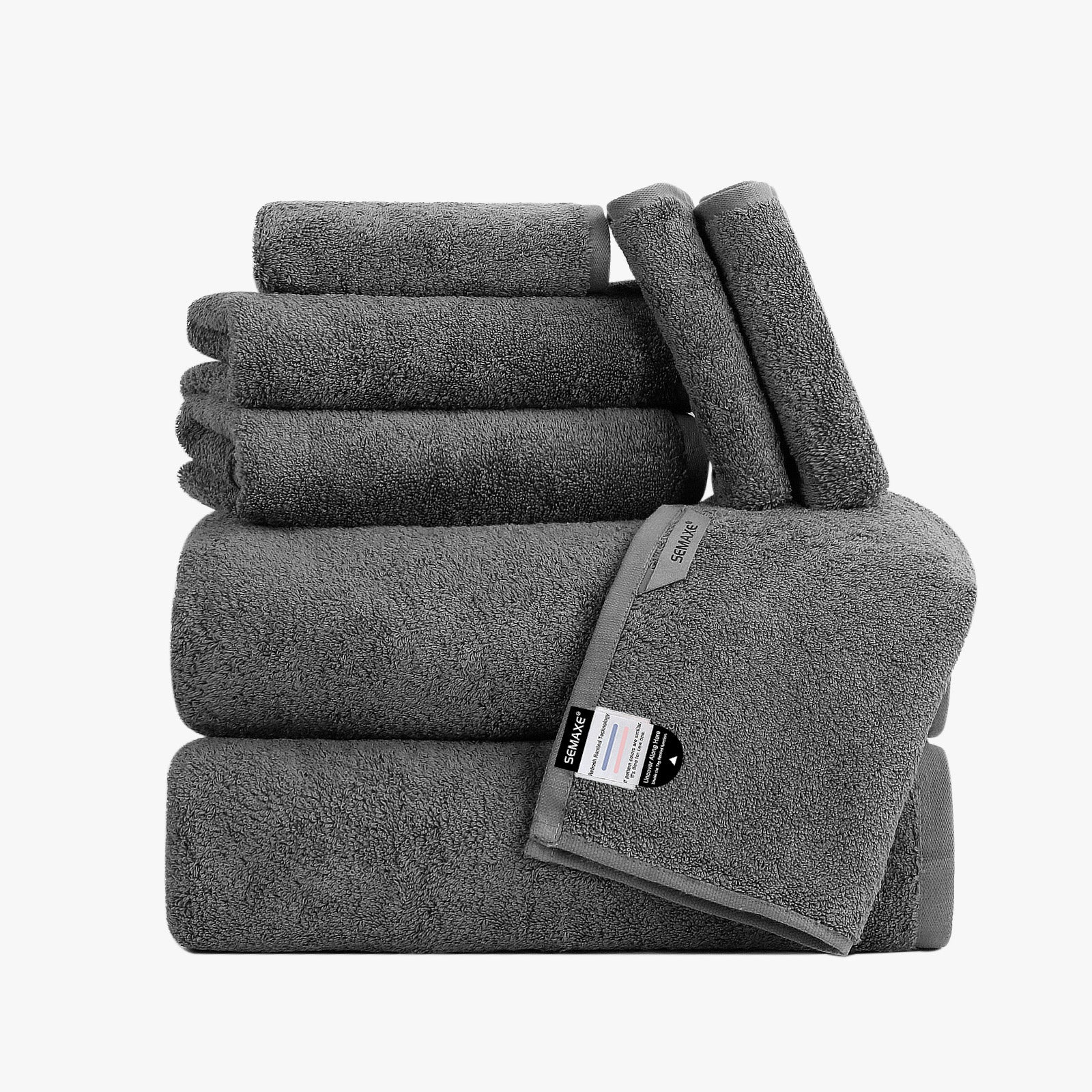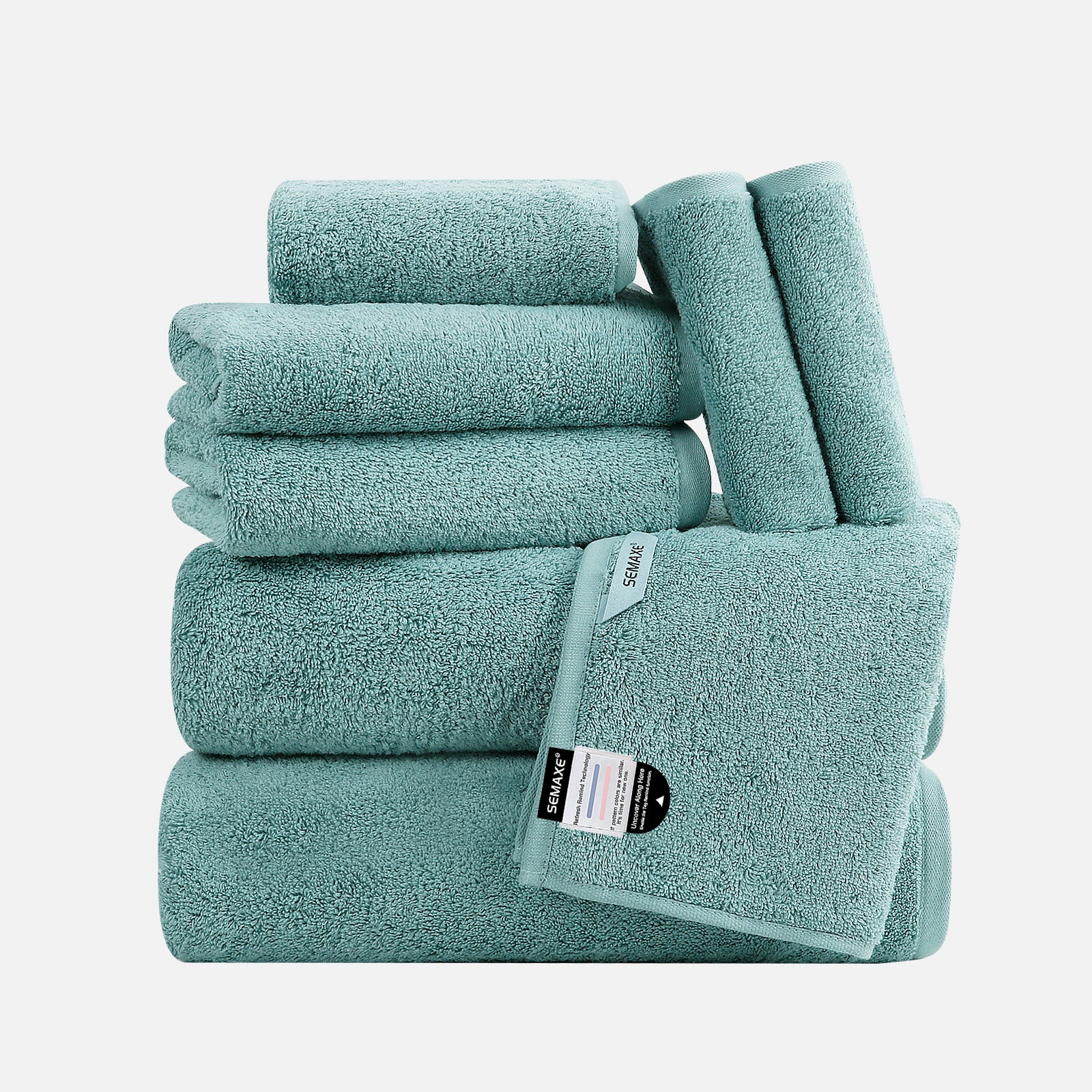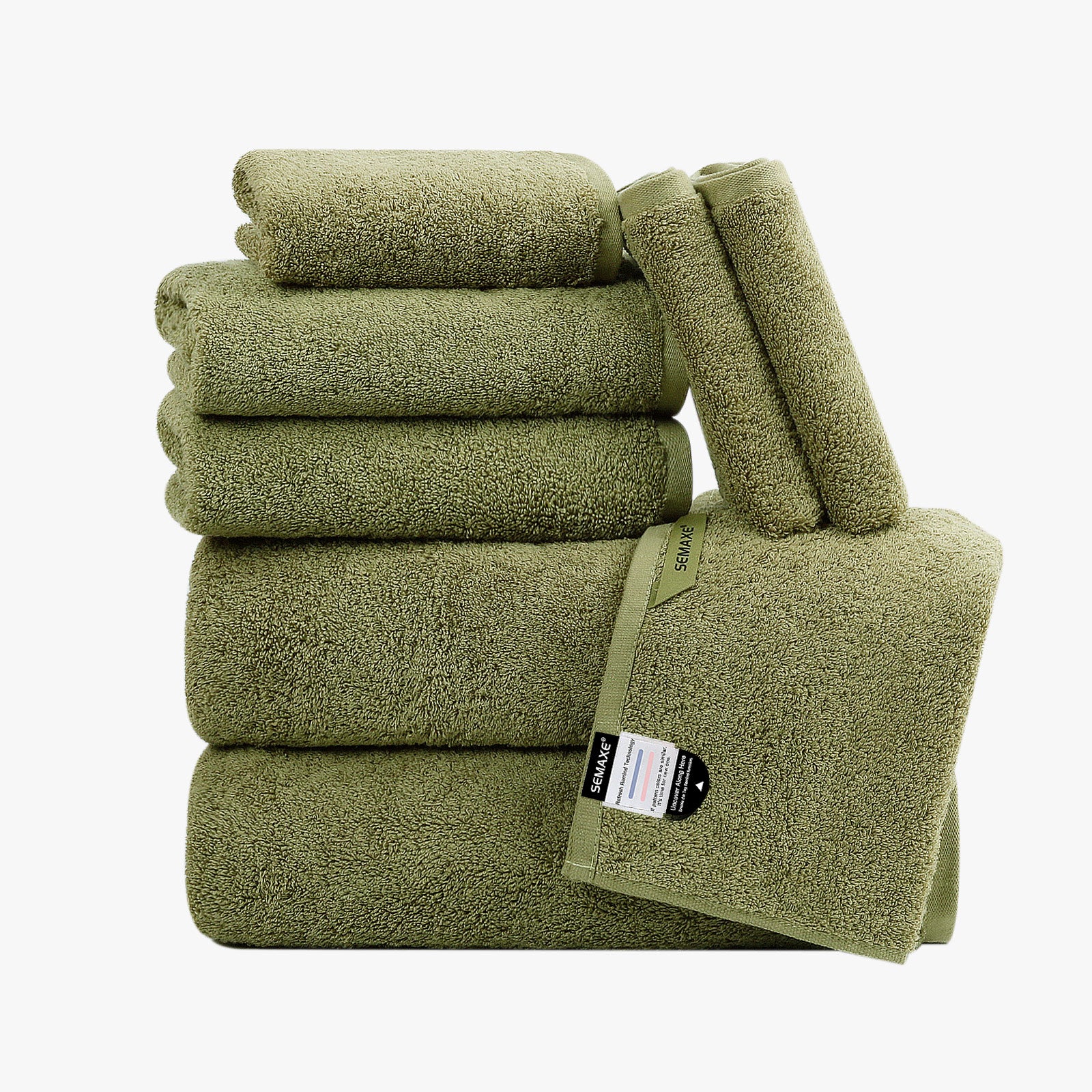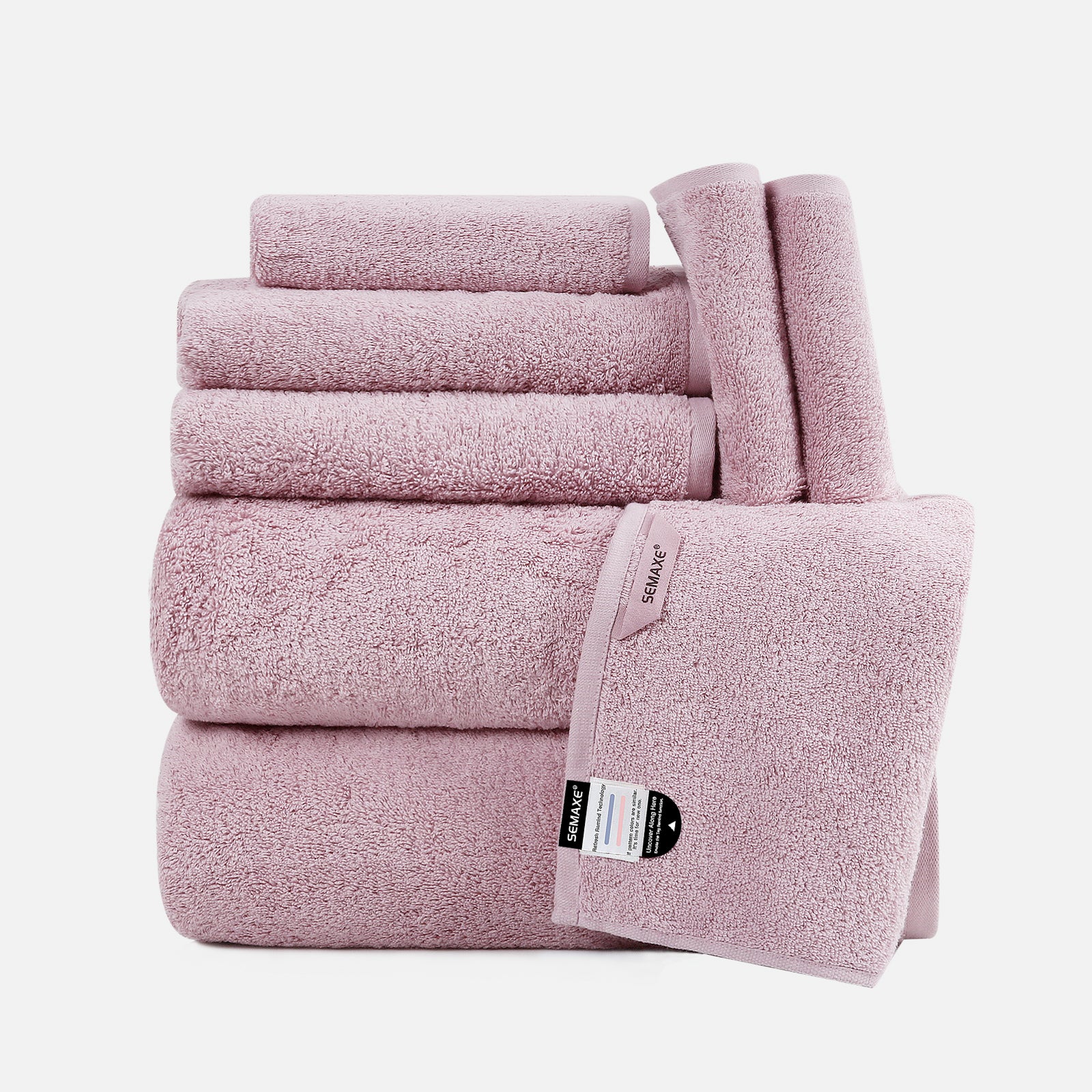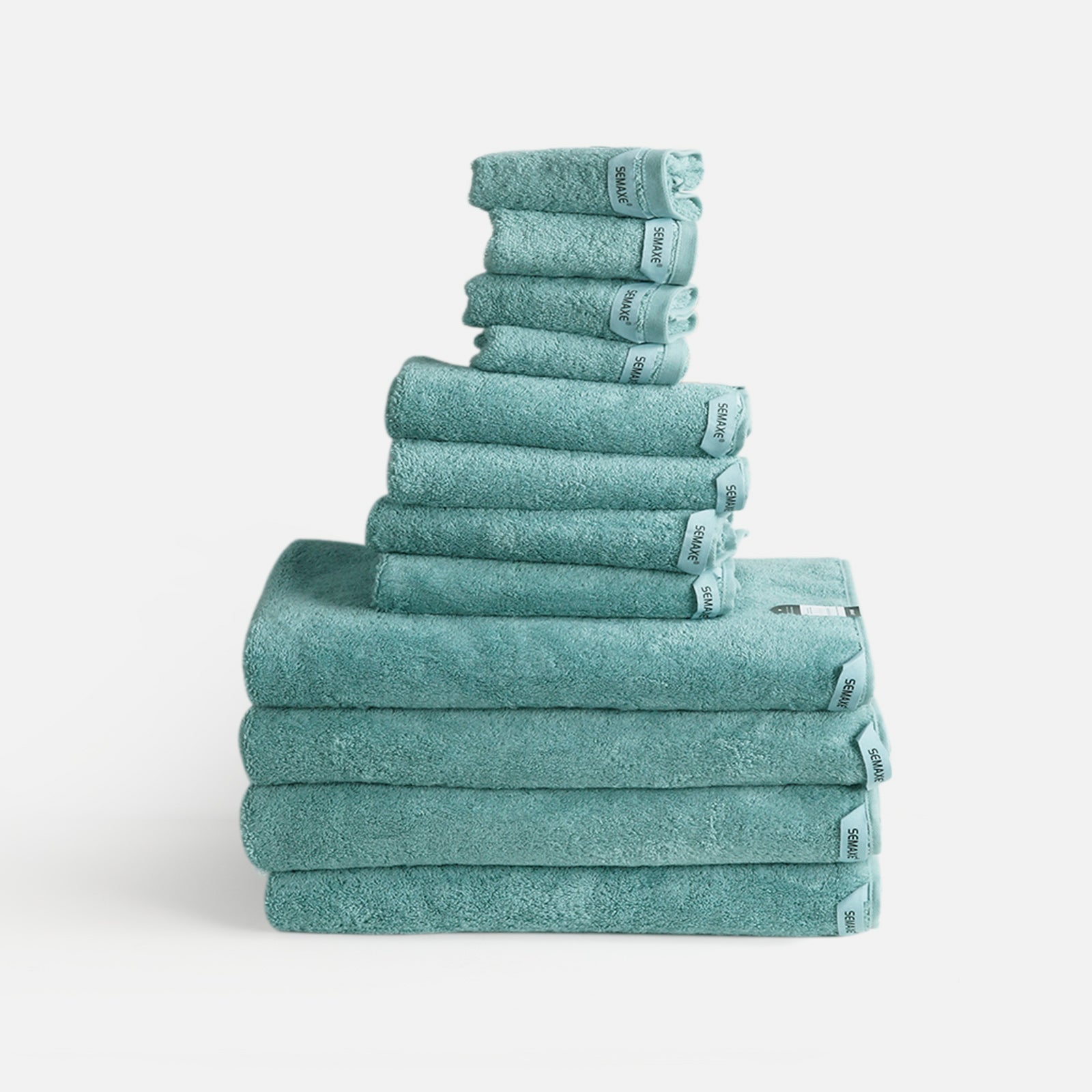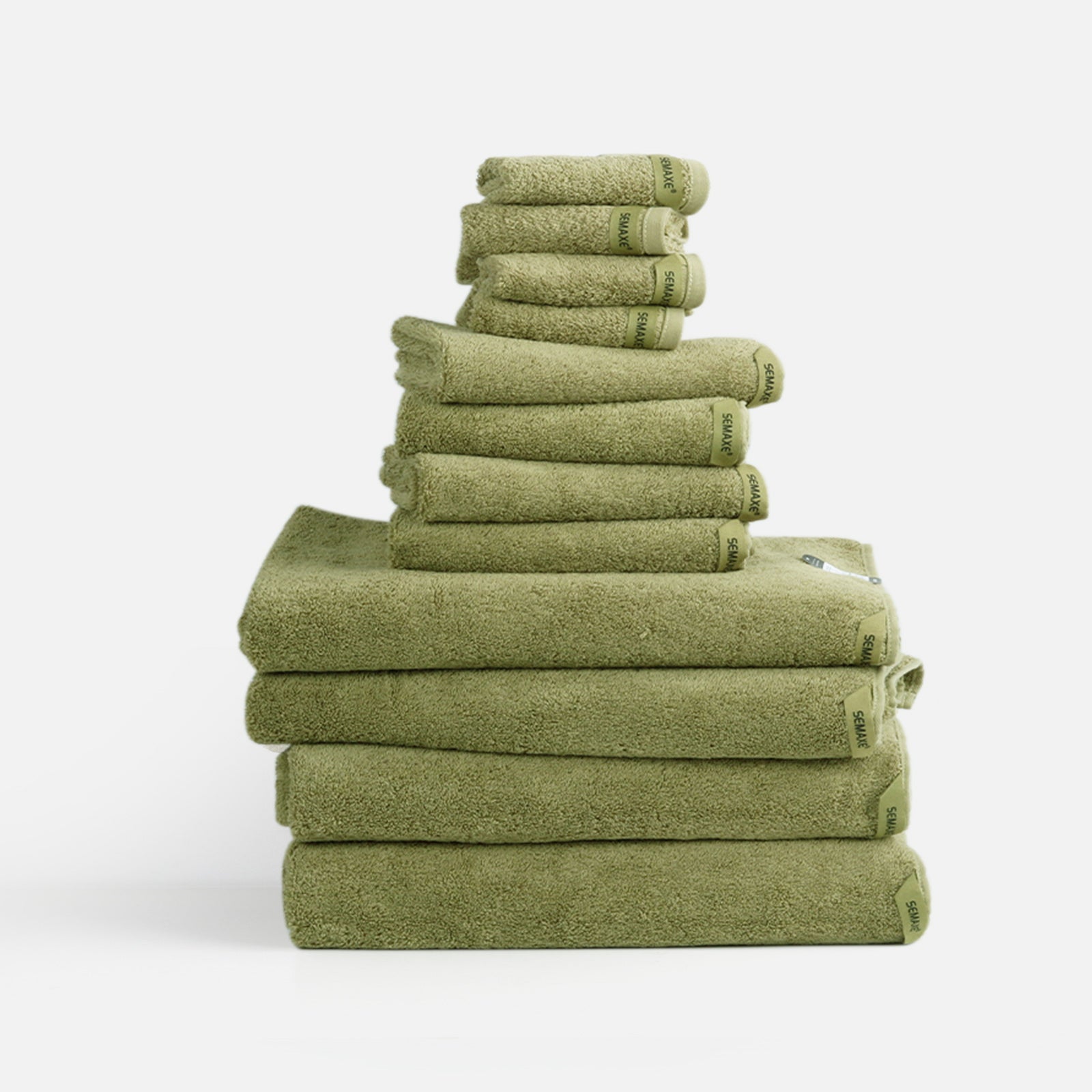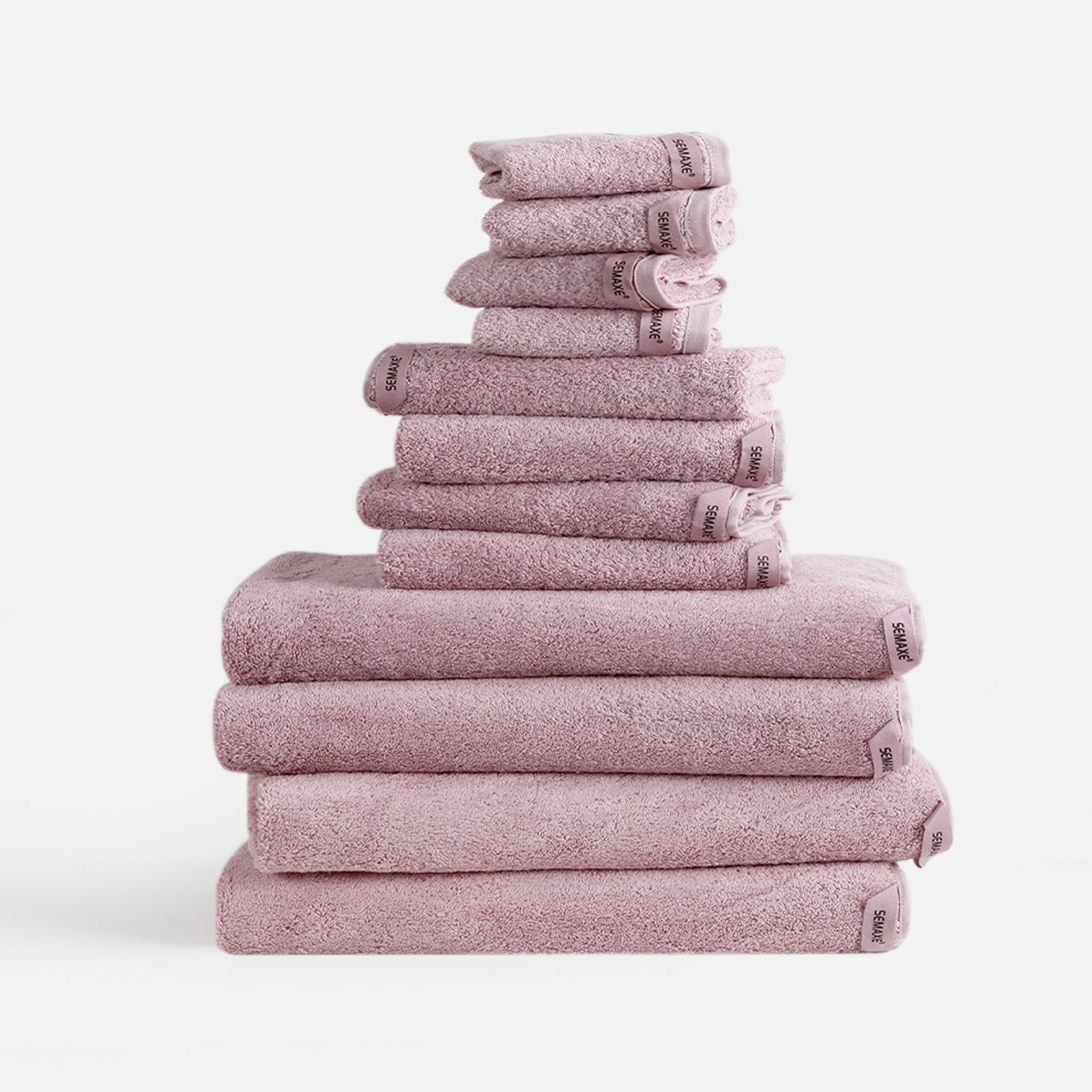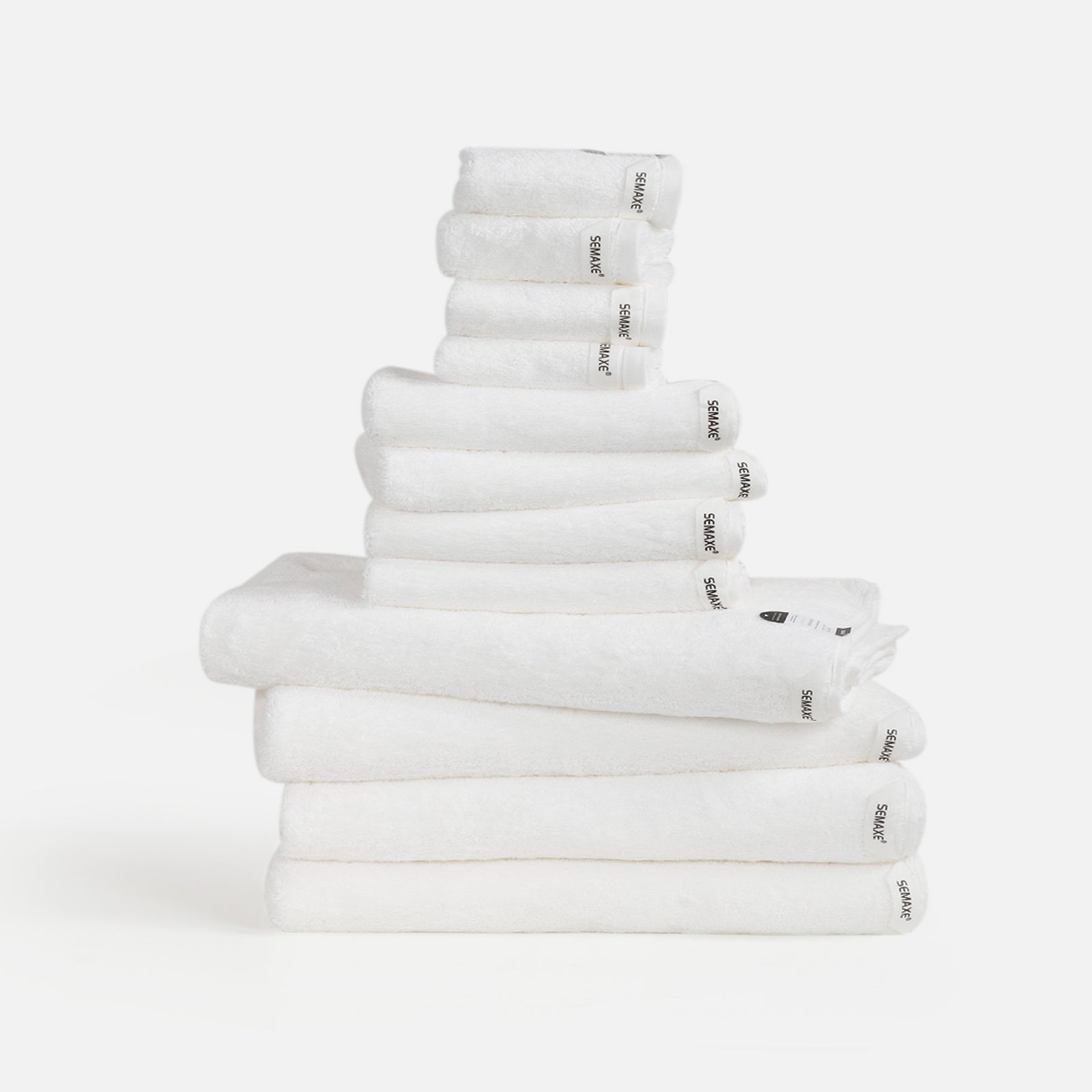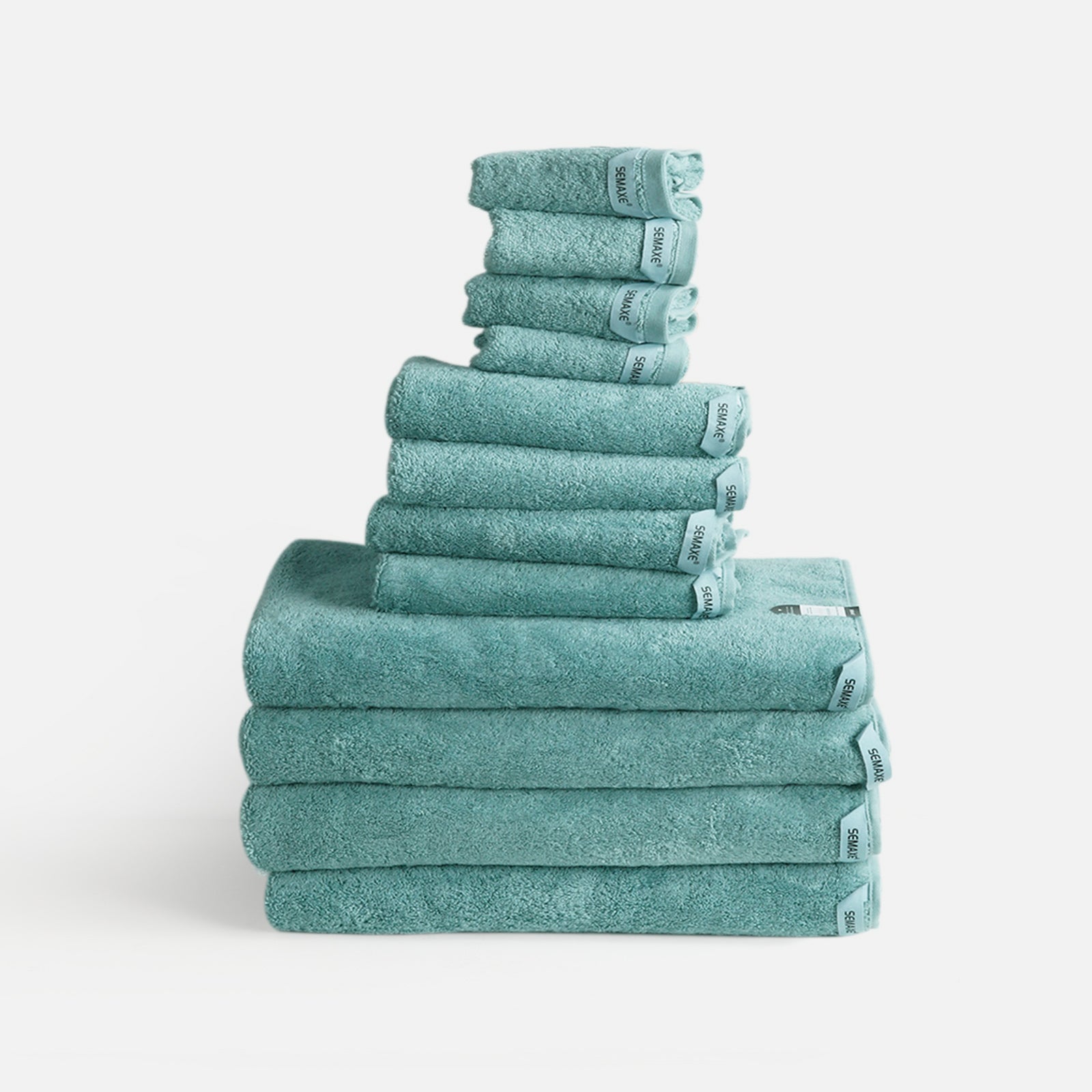Introduction
The question of how many showers one should take a day is a common one, and the answer can vary depending on a variety of factors. Personal hygiene is essential for overall health and well-being, but there is no one-size-fits-all answer to this question. In this blog post, we'll explore the factors that influence the frequency of showers, the potential risks of over-showering, and how to strike the right balance for your individual needs.
The Basics of Personal Hygiene
Personal hygiene is crucial for maintaining good health and preventing illness. Regular showers help remove dirt, sweat, bacteria, and dead skin cells from your body, reducing the risk of skin infections and unpleasant odors. However, it's important to note that excessive washing can also have adverse effects on your skin and overall health.
Factors Influencing Shower Frequency
-
Body Activity: Your level of physical activity plays a significant role in determining how often you should shower. If you engage in vigorous exercise or have a physically demanding job, you may need to shower more frequently to remove sweat and prevent body odor.
-
Climate: The climate in which you live also matters. Hot and humid climates can make you sweat more, necessitating more frequent showers, while cold and dry climates may allow you to shower less often.
-
Skin Type: Your skin type is an essential consideration. People with naturally dry skin may not need to shower as often, as over-showering can strip the skin of its natural oils and cause dryness and irritation. On the other hand, those with oily skin may benefit from more frequent showers.
-
Personal Preferences: Personal preferences and cultural norms also influence how often people shower. Some individuals prefer to shower daily for a feeling of cleanliness, while others may feel comfortable with less frequent showers.
Potential Risks of Over-Showering
While personal hygiene is crucial, over-showering can have adverse effects on your skin and overall health:
-
Skin Irritation: Frequent showers can strip your skin of its natural oils, leading to dryness, itching, and irritation. This can be particularly problematic for individuals with sensitive or dry skin.
-
Disruption of the Skin Microbiome: Over-showering can disrupt the natural balance of bacteria on your skin, potentially leading to skin issues such as acne or dermatitis.
-
Water and Energy Consumption: Frequent showers can consume a significant amount of water and energy, contributing to environmental concerns. Conserving water is essential for sustainable living.
Finding the Right Balance
To determine the right shower frequency for you, consider these tips:
-
Listen to Your Body: Pay attention to your body's signals. If you feel sweaty, dirty, or uncomfortable, it may be time for a shower.
-
Choose the Right Products: Use mild, hydrating soaps and shampoos to minimize the risk of skin dryness and irritation.
-
Maintain Good Hygiene Habits: Even if you don't shower daily, remember to practice good hygiene by washing your hands, brushing your teeth, and cleaning specific areas as needed.
-
Be Mindful of Environmental Impact: Consider the environmental impact of your showering habits and look for ways to reduce water and energy consumption, such as shorter showers or using a water-saving showerhead.
Conclusion
The ideal shower frequency varies from person to person and depends on factors like activity level, climate, and skin type. While it's important to maintain good personal hygiene, over-showering can have adverse effects on your skin and the environment. Striking the right balance by listening to your body and being mindful of the products you use can help you maintain optimal hygiene without unnecessary excess.
Ultimately, the goal is to find a showering routine that works best for you and supports your health and well-being while being considerate of the environment.







